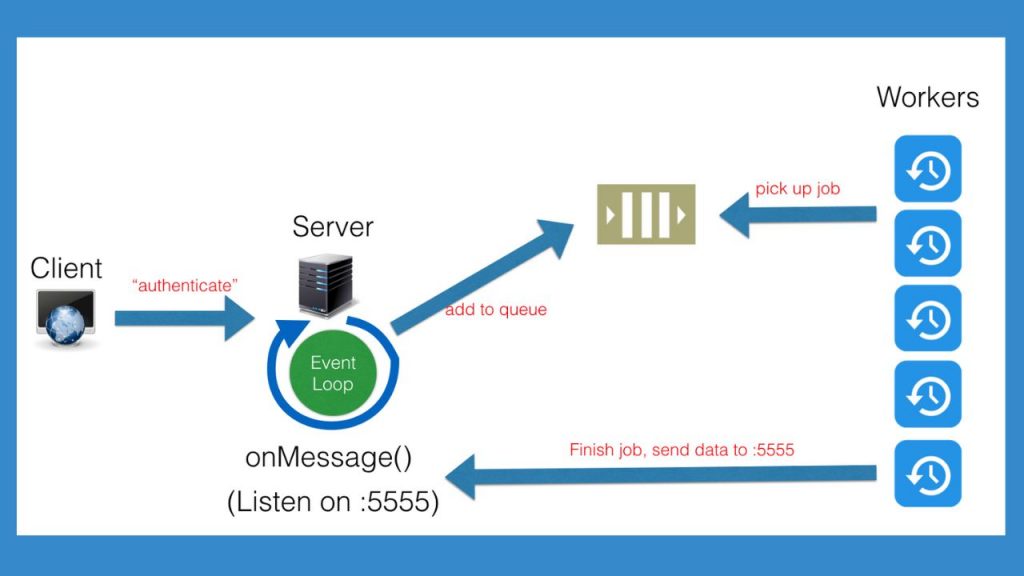If you’re working with PHP and want to add real-time communication features to your app — such as chat, live notifications, or instant updates — Ratchet is a useful library worth knowing about. It’s a WebSocket server library written entirely in PHP that lets your server and clients talk instantly, without the constant back-and-forth of traditional HTTP requests.

Why WebSockets?
Typically, web applications use HTTP requests to retrieve or send information, but this is somewhat one-way and sluggish when real-time interaction is required. WebSockets establish a two-way communications pipe between client and server that remains open. That implies your server can push information to the client the instant something occurs — no waiting, no refreshing.
What Makes Ratchet Special?
- Pure PHP: PHP will feel natural to you if you’re familiar with PHP. You don’t require Node.js or some other tech stack merely to serve real-time communication.
- Event-driven architecture: Ratchet listens for events (such as new connections, messages, or disconnections) and responds instantly. This allows you to write code that responds efficiently in real-time.
- Easy Integration: You simply plug in Ratchet to your current PHP projects and backend infrastructures. Say, you can broadcast user updates triggered by database changes or server events.
How Ratchet Works Under the Hood
When you execute Ratchet, it fires up a WebSocket server on your server or machine. Clients (such as browsers) connect to the server and have an open persistent connection. The server can send messages to open clients at any time, and clients can send messages in return.
Ratchet leverages PHP’s event loop (based on ReactPHP) to multiplex multiple connections asynchronously. In other words, it can handle a lot of users without blocking on a single request.
Where Ratchet Fits Best
For applications where you need real-time functionality but prefer to remain with PHP.
- When you do not need to introduce a Node.js or some other independent backend service specifically for WebSockets.
- Small to medium-scale applications or prototypes that require rapid real-time messaging.
- Things to Keep in the library, so you’ll do more hand work with managing connections and messages than with some one-size-fits-all solutions.
Final thoughts
Ratchet is a good option if you prefer to remain in PHP-land but still create contemporary, real-time applications. It’s easy, takes advantage of the strengths of PHP, and assists you in bringing interactivity that users now expect. Just understand that it’s not a plug-and-play option for big scale — but for most projects, it finds the sweet spot between simplicity and strength.
Related More: Visual Studio Code: A Powerhouse Code Editor for Developers

Leave a Reply